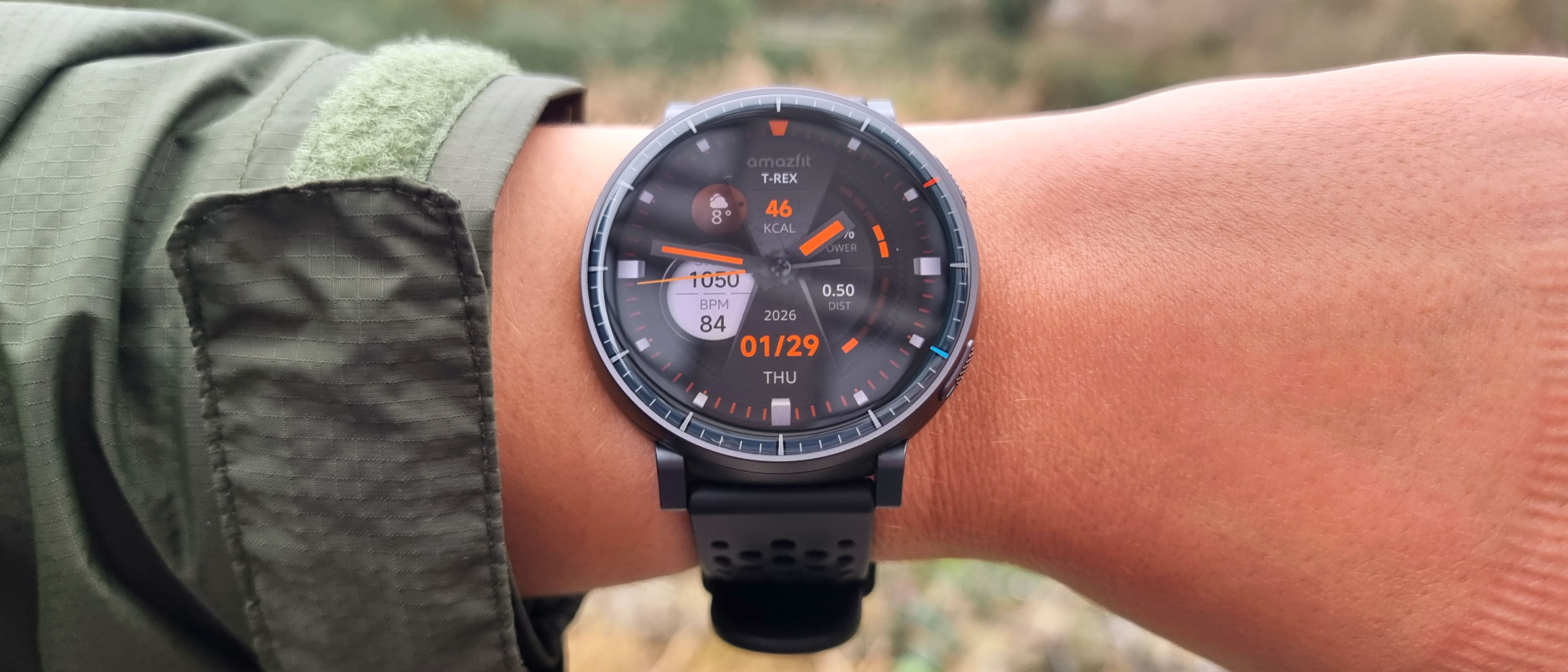How Mosquitoes Find a Tasty Host
Get the world’s most fascinating discoveries delivered straight to your inbox.
You are now subscribed
Your newsletter sign-up was successful
Want to add more newsletters?

Delivered Daily
Daily Newsletter
Sign up for the latest discoveries, groundbreaking research and fascinating breakthroughs that impact you and the wider world direct to your inbox.

Once a week
Life's Little Mysteries
Feed your curiosity with an exclusive mystery every week, solved with science and delivered direct to your inbox before it's seen anywhere else.

Once a week
How It Works
Sign up to our free science & technology newsletter for your weekly fix of fascinating articles, quick quizzes, amazing images, and more

Delivered daily
Space.com Newsletter
Breaking space news, the latest updates on rocket launches, skywatching events and more!

Once a month
Watch This Space
Sign up to our monthly entertainment newsletter to keep up with all our coverage of the latest sci-fi and space movies, tv shows, games and books.

Once a week
Night Sky This Week
Discover this week's must-see night sky events, moon phases, and stunning astrophotos. Sign up for our skywatching newsletter and explore the universe with us!
Join the club
Get full access to premium articles, exclusive features and a growing list of member rewards.
Prepare to be bugged out of your minds, citizens of Earth, because I've got a new scheme that I’m just itching to unleash: I'm going to attract a swarm of bloodthirsty mosquitoes to the next Nobel Prize ceremony, and watch as the dignitaries scratch themselves crazy. Aren't I repellent?
"But how," you’ll bravely ask, "how do you intend to attract so many mosquitoes to the icy-cold nation of Sweden?" An intelligent question, but the answer is elementary: I shall make use of the newest in olfactory research from Vanderbilt University, where scientists are unraveling the secrets behind mosquitoes' sense of smell. They may soon be able to explain how mosquitoes are able to track down their blood-feasts.
The team, led by Laurence Zweibel, has identified 50 new odor receptors in the antennae of the malaria-carrying mosquito, Anopheles gambiae, which may help to explain its predatory prowess, and help me to apply their skills to nefarious ends.
Ten years ago, researchers of mosquito olfaction unveiled a class of 75 odor receptors, hidden in spines on the mosquitoes' antennae. Zweibel's group and others have studied these receptors extensively, determined their sensitivities, their structure, and the way they function as a group. They have shown that these receptors are responsible for mosquitoes' abhorrence of DEET, the common repellant of insects.
But they could not determine how the mosquito perceives a number of characteristic human odors, like ammonia, butylamine, or lactic acid.
Which meant that Zweibel's research was useless to me – everybody knows how to repel mosquitoes. I want to know how to attract them in enormous numbers! And without knowing how the bloodsuckers detect attractive odors, I haven’t been able to use them in my schemes – until now.
In a study published in PLoS Biology last week, Zweibel’s group announced the discovery of 50 new receptors. These receptors have distinct functional differences from the older class of receptors that set them apart, and - even more exciting - they can detect the presence of human odorants, such as butylamine.
Get the world’s most fascinating discoveries delivered straight to your inbox.
The researchers are still trying to piece together a more complete picture of mosquito olfaction in order to understand how mosquitoes differentiate the scent of a human from that of a cow or a wolverine. Presumably, the relative concentration of various human odors allows mosquitoes to pinpoint their potential hosts.
Once the exact measures of mosquito olfaction are taken, though – oh I simply can't wait to test this out. I'll generate a cloud of human odors that the mosquitoes can't discern from the real thing, and I'll slowly drag it across Europe and into Sweden to lure my pests to Stockholm, just in time for the Nobel Prize ceremony. Once there, my hematophagous hellcats will go into a feeding frenzy and drive the entire assembly just batty.
And the best part? Nobody will have thought to bring any bug spray, because it's Sweden. Bwahahaha! Can you believe they never gave me a Nobel Peace Prize?
 Live Science Plus
Live Science Plus





